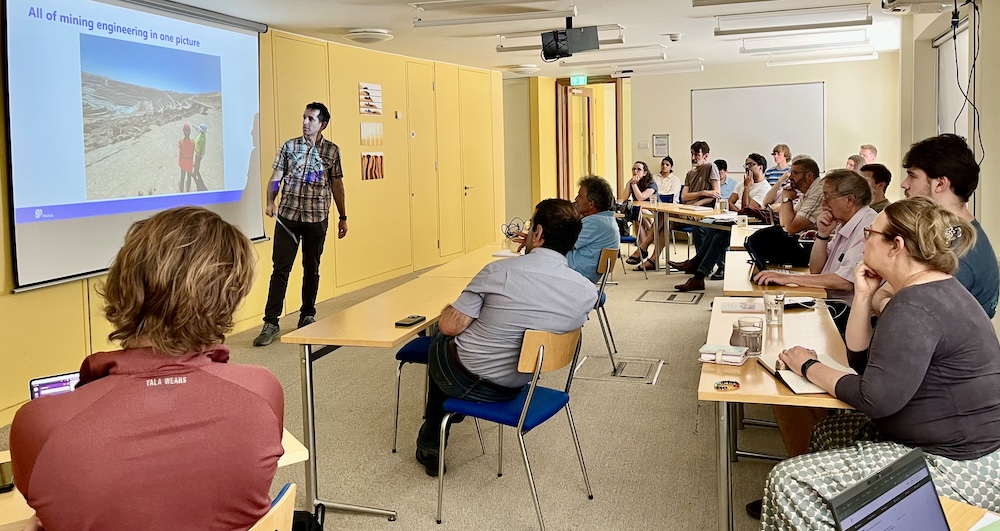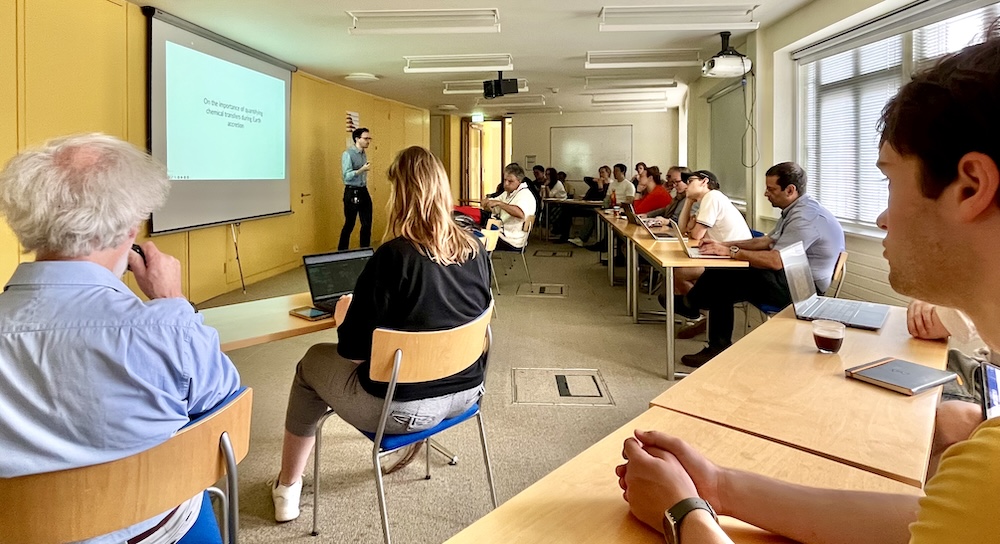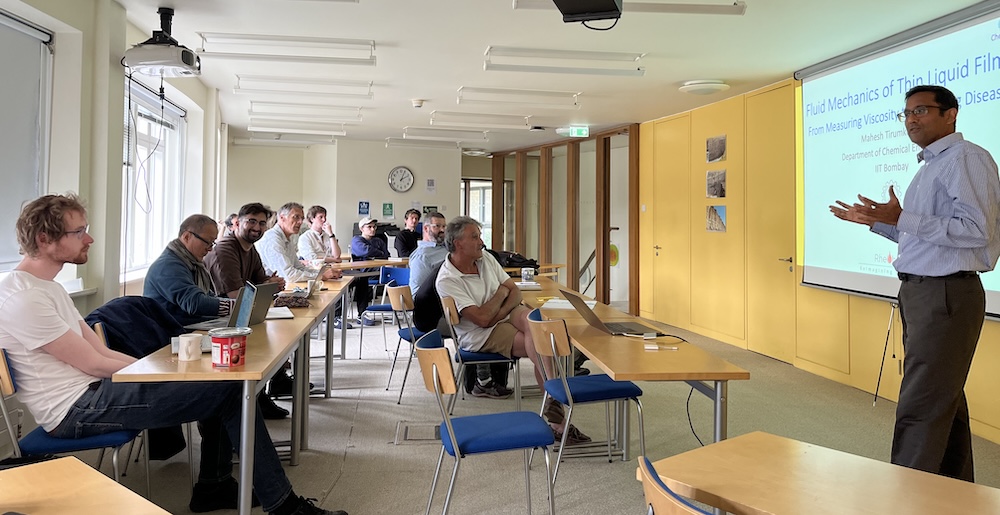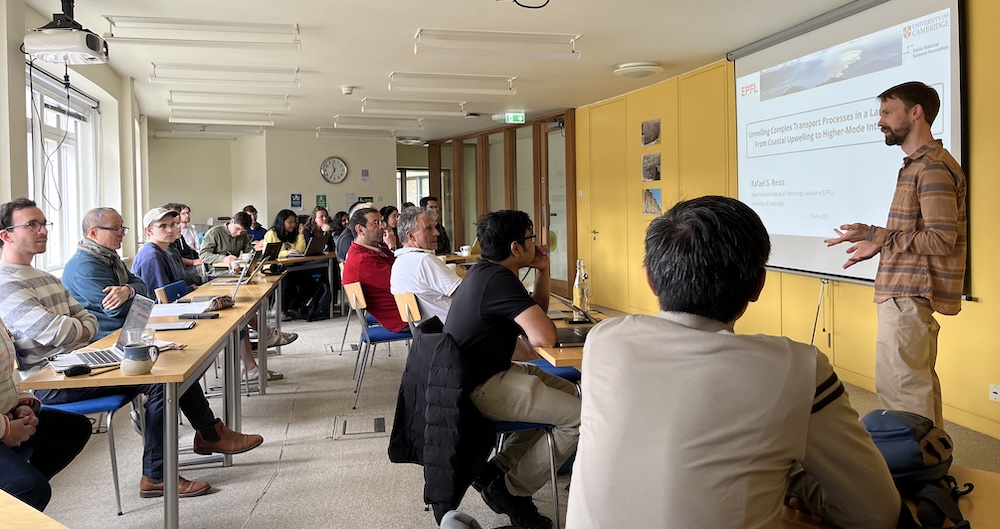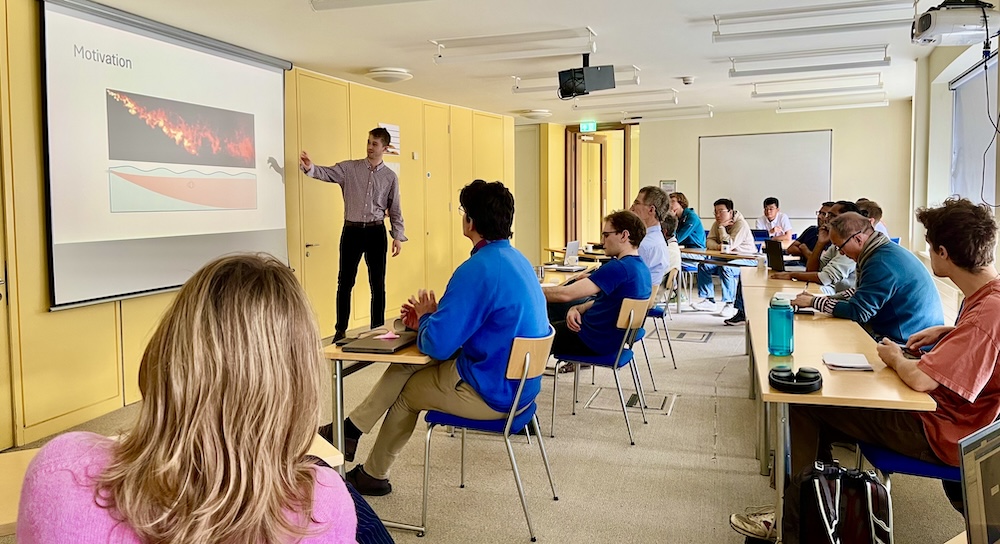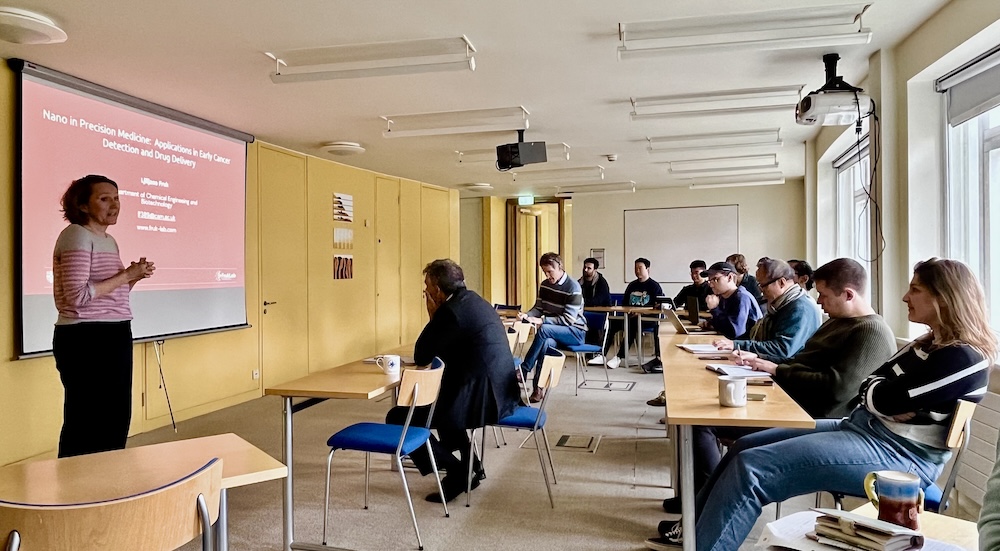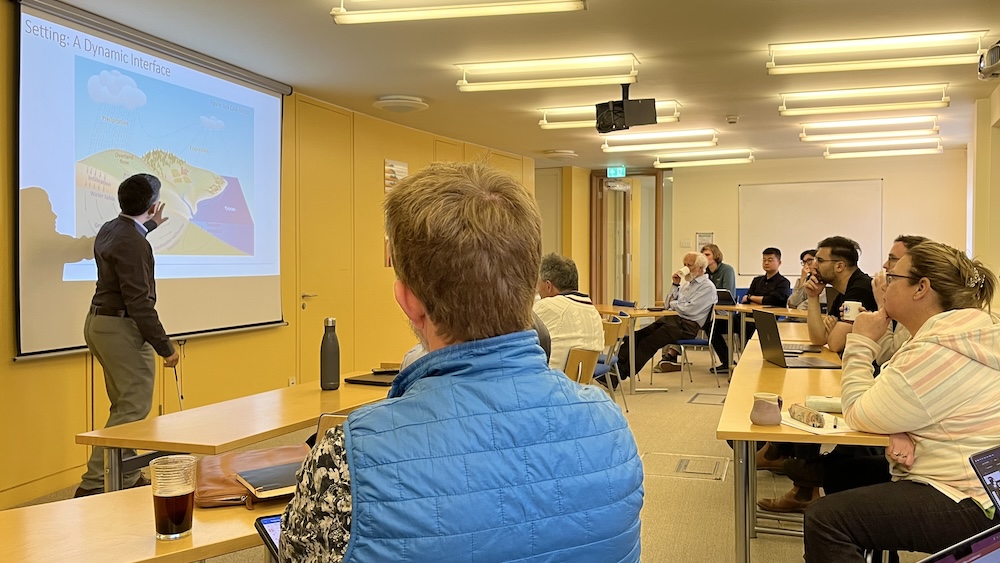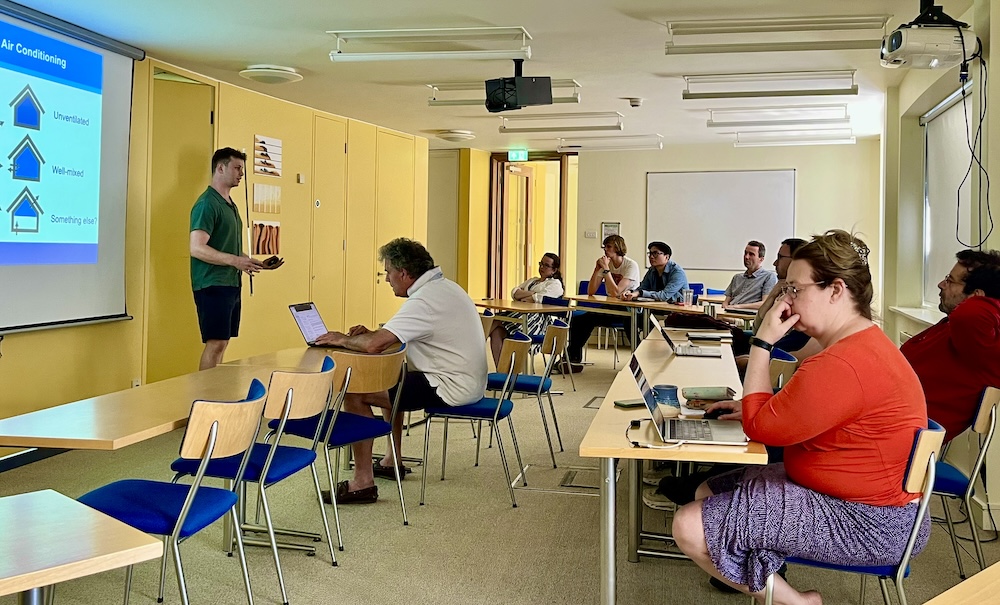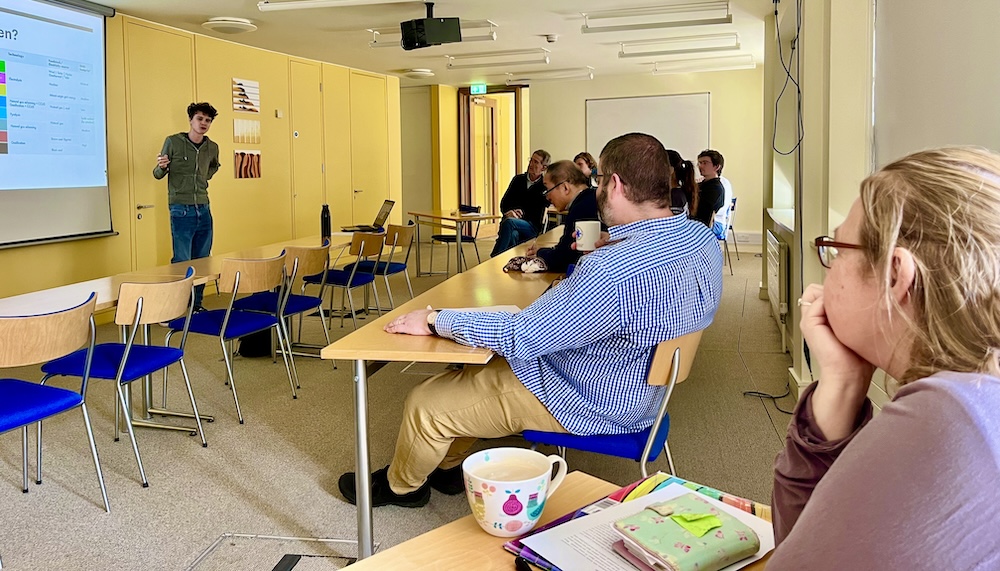From IEEF to the mining and energy industries
Jason Furtney was a student at the Institute in the early 2000s, after studying geology at Edinburgh University. Since then, he has been working as a consulting engineer for Itasca International, a geomechanics consulting and software company in Minneapolis, Minnesota. Today, Jason was back in Cambridge and gave a special seminar at the Institute. He
